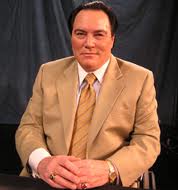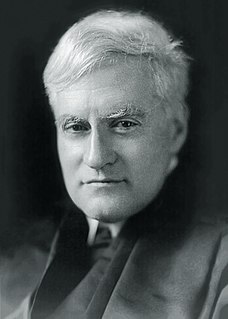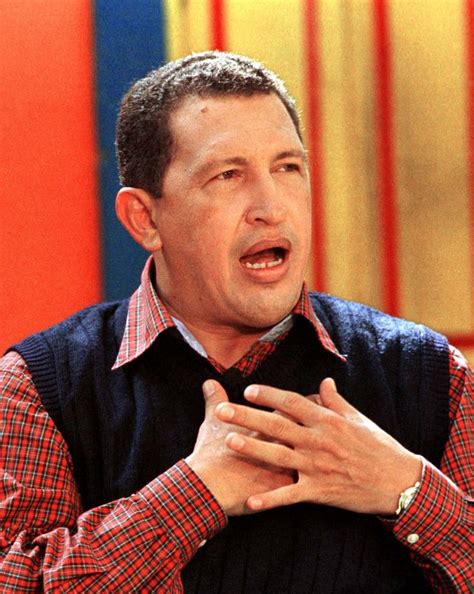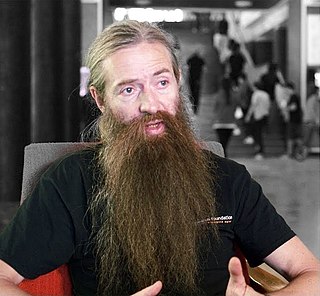A Quote by Andrew Thomas
That's the whole point of... of prosecutorial discretion in the judicial system. It's finding a just outcome in an individual case.
Quote Topics
Related Quotes
Courts are the mere instruments of the law, and can will nothing. When they are said to exercise a discretion, it is a mere legal discretion, a discretion to be exercised in discerning the course prescribed by law; and, when that is discerned, it is the duty of the Court to follow it. Judicial power is never exericised for the purpose of giving effect to the will of the Judge; always for the purpose of giving effect to the will of the Legislature; or, in other words, to the will of the law.
A lot of the problems we have in our criminal-justice system, you know, the problem of over-incarceration, the problem of prosecutorial abuse, the problem of just this sort of mass crop of people, of plea bargains, they all have to do with the system being overloaded. If crime was lower, many of the problems would go away.
I think how badly things can go wrong in our judicial system. All it took was one person saying that this was a deliberately set fire, and then a whole chain of information became malevolent.Criminal past - that worked all in their favor to create this "monster" - and they even used the word "monster." It's like, let's ensure that the public thinks he's an evil individual.
Our society tends to regard as a sickness any mode of thought or behavior that is inconvenient for the system and this is plausible because when an individual doesn't fit into the system it causes pain to the individual as well as problems for the system. Thus the manipulation of an individual to adjust him to the system is seen as a cure for a sickness and therefore as good.
Ironically enough, if the case involves race, and one claims that race is a disqualifying factor, nobody could hear the case. Everybody comes to these cases with some preconceptions, and the premise of our judicial system is that judges by training and by ethical codes are obligated to set those prejudices aside and to decide on the facts and the law. And to claim that somebody can't simply because of their racial identity is deeply offensive.
We are, first of all, not solitary creatures and second of all, we are deeply embedded in the lives of others. It's very easy to forget that and to engage in an atomistic fallacy - where we think that all we have to do is study the individual components of a system in order to understand the system. That's clearly not the case when it comes to social systems.
The confidentiality of the judicial process would not matter greatly to an understanding and evaluation of the legal system if the consequences of judicial behavior could be readily determined. If you can determine the ripeness of a cantaloupe by squeezing or smelling it, you don't have to worry about the produce clerk's mental processes.




































